Engine Tips & Tricks: Spot Problems Early and Keep It Running Smooth
Your engine is the heart of the car, but most drivers only notice it when something goes wrong. The good news? Many issues can be caught early with a few simple checks. Let’s walk through the basics so you can avoid costly repairs and stay confident on the road.
Spotting Early Engine Problems
First thing to watch is the sound. A knock, rattling, or high‑pitched squeal isn’t normal. If you hear anything out of the ordinary, pop the hood and listen near the timing belt, oil pan, and exhaust manifold. A loose belt often makes a squeal, while a worn bearing can thump.
Next, keep an eye on the warning lights. The check‑engine light can mean anything from a loose gas cap to a misfiring cylinder. When it flashes, stop driving right away – it signals a severe misfire that can damage the catalytic converter.
Don’t ignore fluid levels. Low oil or coolant can cause overheating, loss of compression, and serious engine wear. Check the dipstick when the engine is cool, and top up if it’s below the minimum mark. A quick visual for any milky‑white oil can signal a blown head gasket – a problem that needs immediate attention.
Smell the exhaust. Black smoke usually means a rich fuel mix, while blue smoke points to oil burning. Both are clues that your engine’s combustion process isn’t balanced, and a professional should diagnose the cause.
Keeping Your Engine Running Smoothly
Regular oil changes are the single most effective habit you can adopt. Fresh oil lubricates moving parts, reduces friction, and carries away heat. Stick to the manufacturer’s interval – typically every 5,000‑7,500 miles for modern cars – and use the grade they recommend.
Air filters are easy to overlook, but a clogged filter chokes the engine, hurting fuel efficiency and power. Inspect the filter every 12,000 miles; replace it if it looks dirty or you notice a drop in acceleration.
Timing belts or chains keep the crankshaft and camshaft in sync. If the belt snaps, the engine can seize instantly. Most belts last around 60,000‑100,000 miles; check your service booklet and replace it before the wear limit.
Keep the cooling system topped up with the right mix of antifreeze and water. A radiator flush every two years helps prevent rust and blockages that cause overheating.
Finally, pay attention to fuel quality. Fill up at reputable stations and avoid low‑octane fuel in a high‑performance engine. Bad fuel can cause knocking, which harms pistons and cylinders over time.
By staying proactive with these simple checks, you’ll catch most engine issues before they turn into expensive repairs. If anything feels off, don’t wait – bring the car to a trusted garage like Northwich Tyres Centre. Our team can run a diagnostic scan, replace worn parts, and get you back on the road with confidence.
Now that you know the basics, give your engine a quick once‑over before your next drive. A little attention today saves hours of downtime and a big dent in your wallet tomorrow.
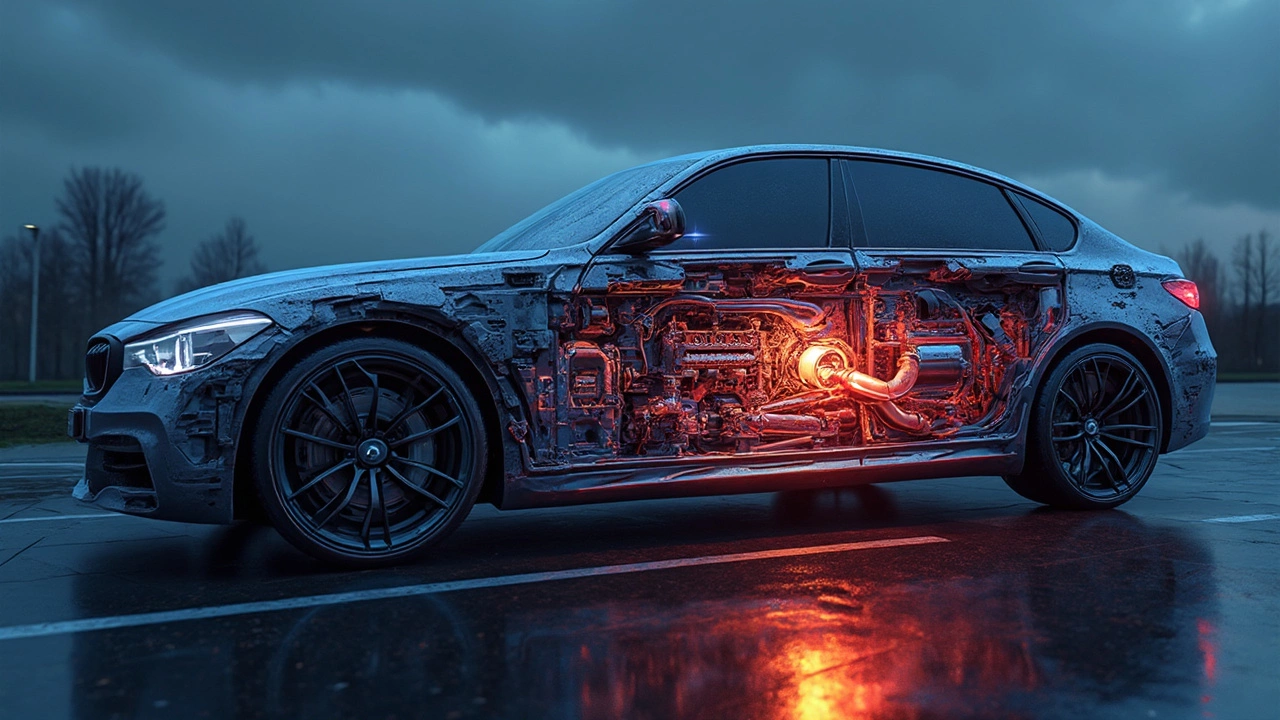 21 May 2025
21 May 2025
Fuel Pump Basics: What Is a Fuel Pump Used For?
Wondering what a fuel pump actually does? This article explains how fuel pumps are the unsung heroes powering your engine. You'll learn what happens inside your car when the pump kicks in, common signs it might be failing, and practical advice for keeping it in top shape. With some cool facts and straightforward tips, you’ll get why this little part matters more than you think.
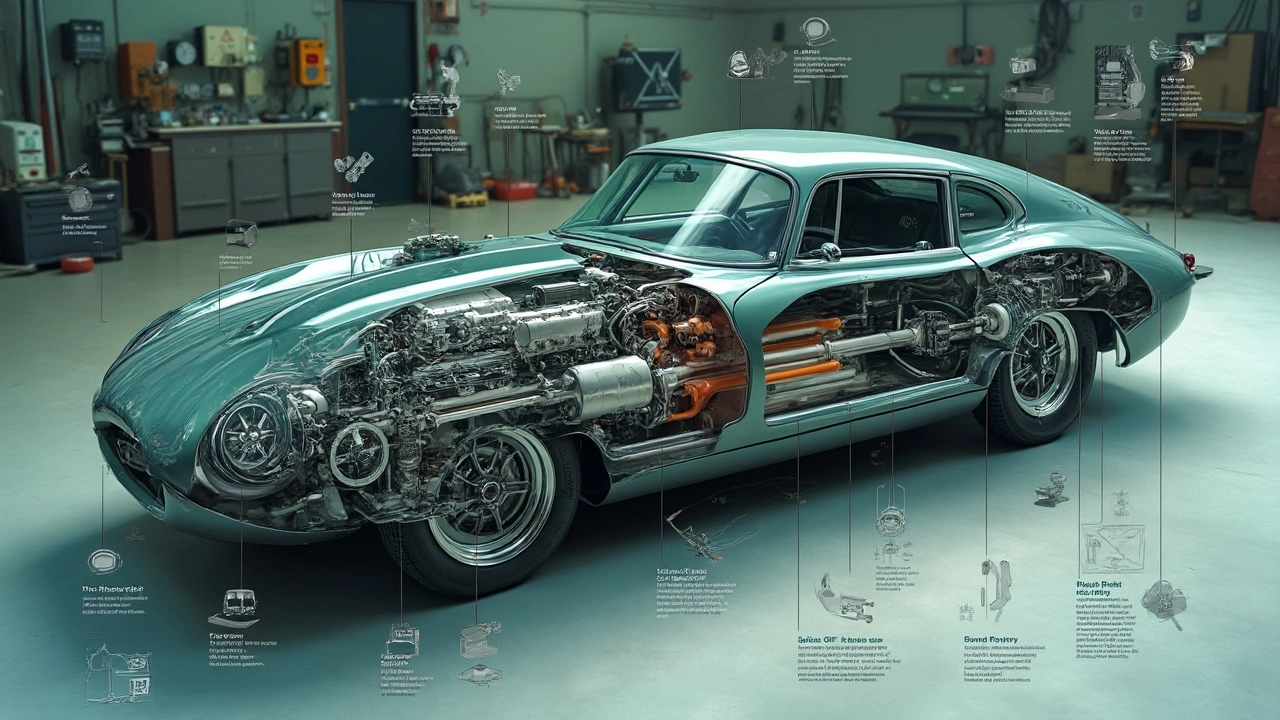 22 March 2025
22 March 2025
Will a Car Still Run with a Bad Fuel Pump?
A car's fuel pump is vital for engine performance, and understanding its importance can save drivers from unexpected troubles. This article explores whether a car can keep running with a faulty fuel pump, covering symptoms, risks, and temporary solutions. Discover what happens when a fuel pump fails and learn practical tips for managing this common mechanical issue effectively. Ideal for anyone curious about the ins and outs of car maintenance.
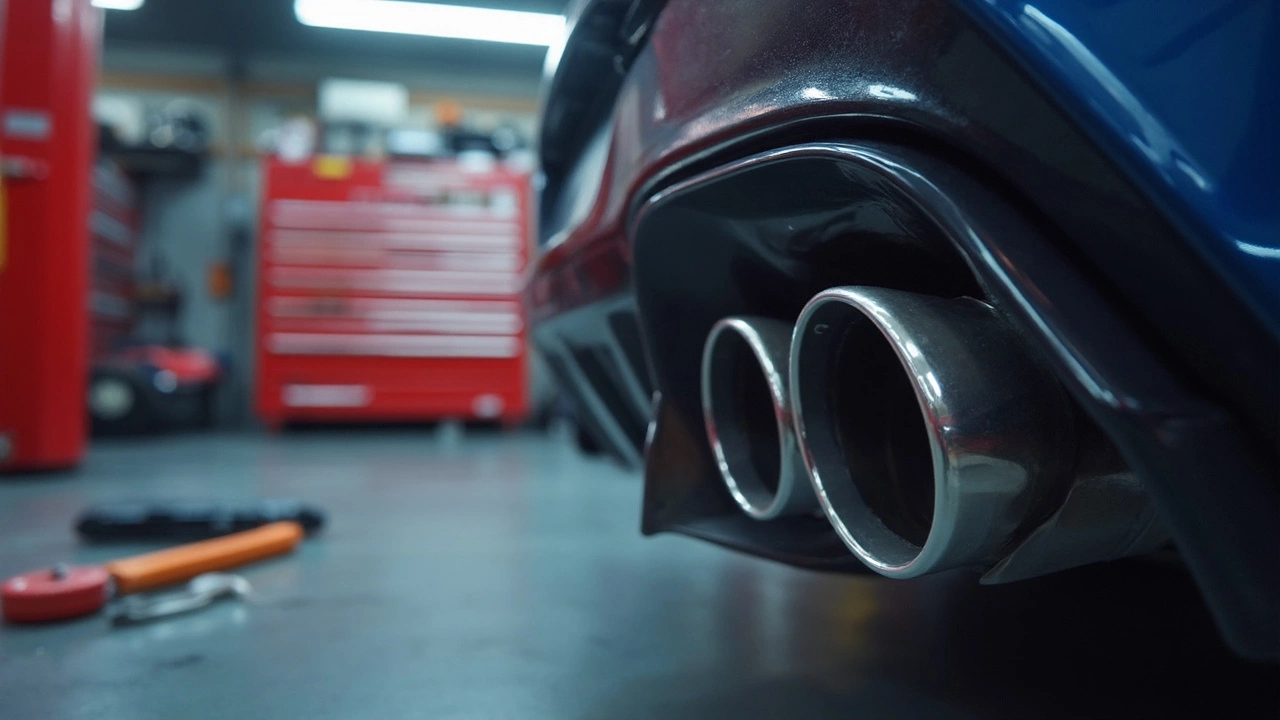 19 February 2025
19 February 2025
Does Changing Exhaust Affect Engine Performance?
Switching out your car's exhaust system might seem like a simple way to boost performance or sound. But what's the real impact on your engine? This article digs into how changing your exhaust affects engine efficiency, emissions, and overall performance. We'll explore what you need to consider before diving into modifications, offering practical tips and insights to help you decide if swapping your exhaust makes sense for your ride.
Tags
- car maintenance
- engine oil
- spark plugs
- brake pads
- engine performance
- vehicle maintenance
- spark plug replacement
- windshield wipers
- fuel pump
- suspension parts
- clutch replacement
- oil change
- clutch kit
- car suspension
- car performance
- air filters
- car radiator
- exhaust systems
- fuel pump replacement
- engine misfire

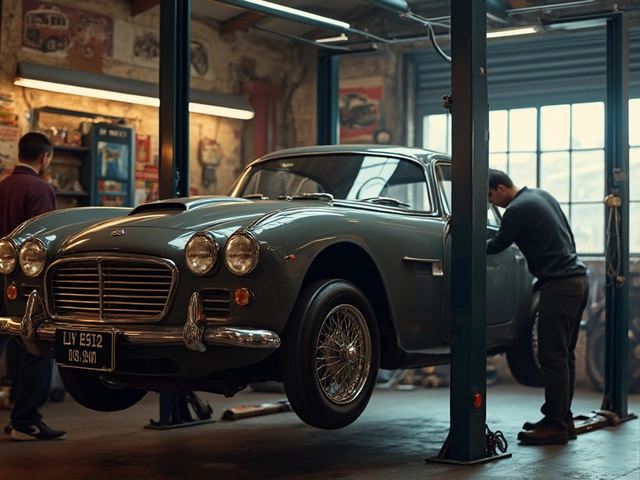
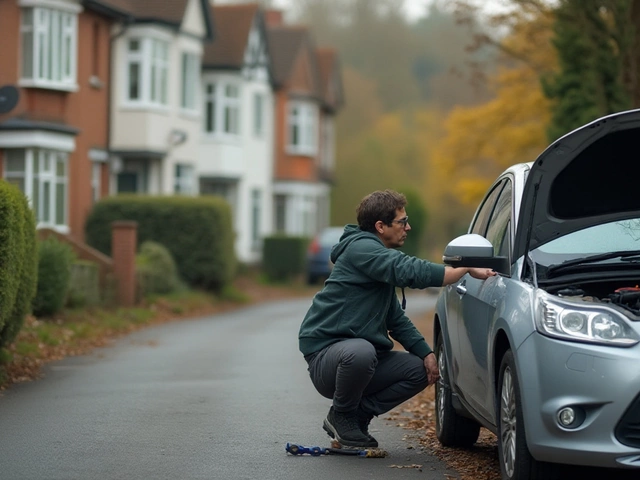
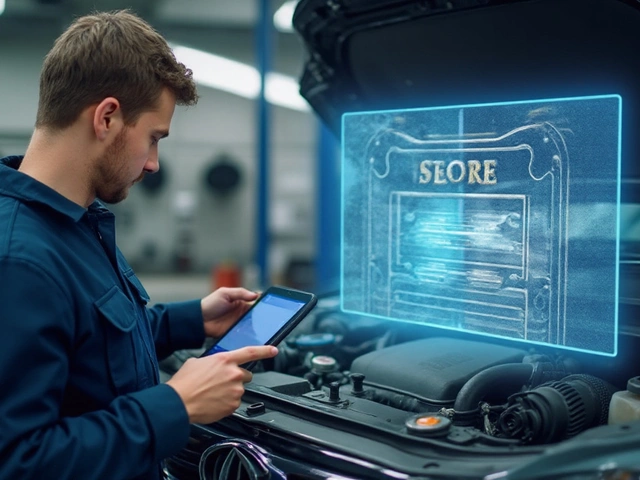
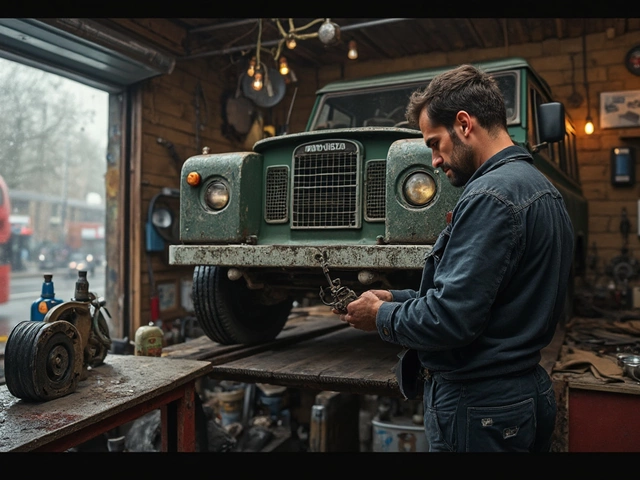

0